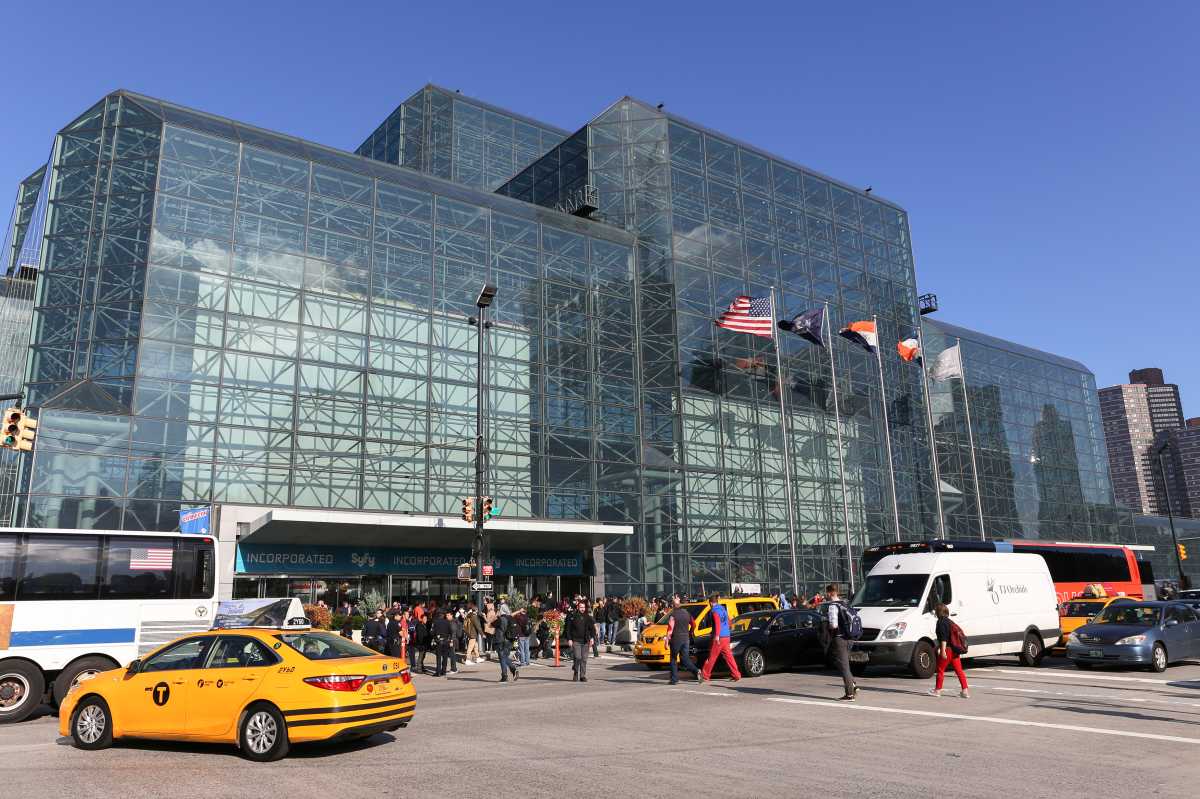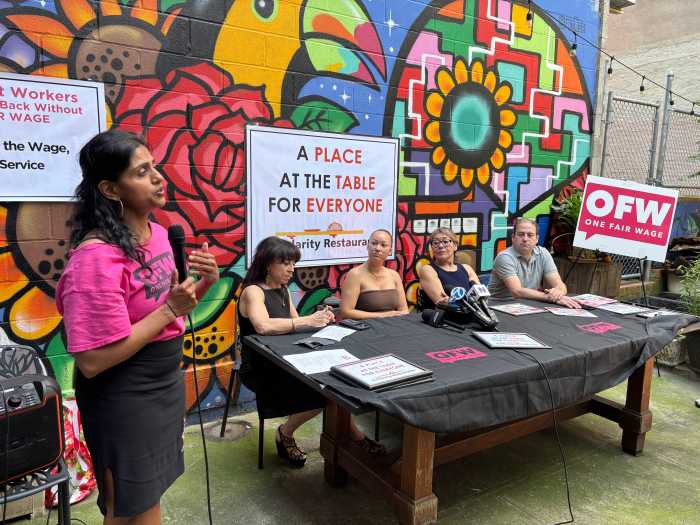New York City lawmakers are poised to adopt legislation requiring “bird-friendly” glass on all new construction in an effort to cut down on the tens of thousands of birds who die flying into the city’s buildings every year.
New York will be the largest city in the nation to require glass that is visible to birds if the measure passes. Several California cities including San Francisco and Oakland have adopted similar rules.
Groups that monitor bird populations said they are thrilled at the prospect of the legislation’s adoption in New York City.
“Long term this stands to have a significant impact on the birds that live in and are passing through our city,” Chris Allieri, a board member of the Wild Bird Fund, said Saturday. “I think it will significantly reduce the number of window collisions for birds in newly constructed buildings.”
New York City Audubon estimates that 90,000 to 230,000 birds from hawks to hummingbirds are killed every year from flying into New York City buildings.
The legislation proposed by Democratic City Council member Rafael Espinal would require that at least 90% of the exterior of the first 75 feet of all new buildings or major renovations be constructed with materials that are visible to birds, such as glass with a glazing or pattern.
An example of a bird-friendly building is the Jacob K. Javits Convention Center on Manhattan’s west side, where glass imprinted with patterns that was installed during a 2015 renovation reduced bird deaths by 90%, according to NYC Audubon.
Ornithologist Susan Elbin, NYC Audubon’s director of conservation, said legislation mandating similar glass in other new buildings and major renovations will make a huge difference. “We think of this as the most broad-reaching bird-friendly building policy in the country,” Elbin said.
The measure has wide support on the City Council and is expected to pass.
“Unfortunately, our buildings have become a death trap for thousands of birds each year,” said Council Speaker Corey Johnson, a Democrat. “As a bird-friendly city, this bill will help protect our feathered friends and reduce the number of bird mortality due to collisions.”
The Real Estate Board of New York expressed concerns earlier about issues including the availability of materials that would meet the requirements of the legislation, but an official with the group indicated Saturday that its issues had been addressed.
“We thank the Council for addressing a number of concerns we had with the original version, and support a science-based approach to reducing bird deaths,” said Basha Gerhards, the real estate group’s vice president of policy and planning. “We hope the Council will track over time the efficacy of these measures and monitor the commercial availability of these materials to optimize compliance and the goals of the bill.”
— Karen Matthews







































